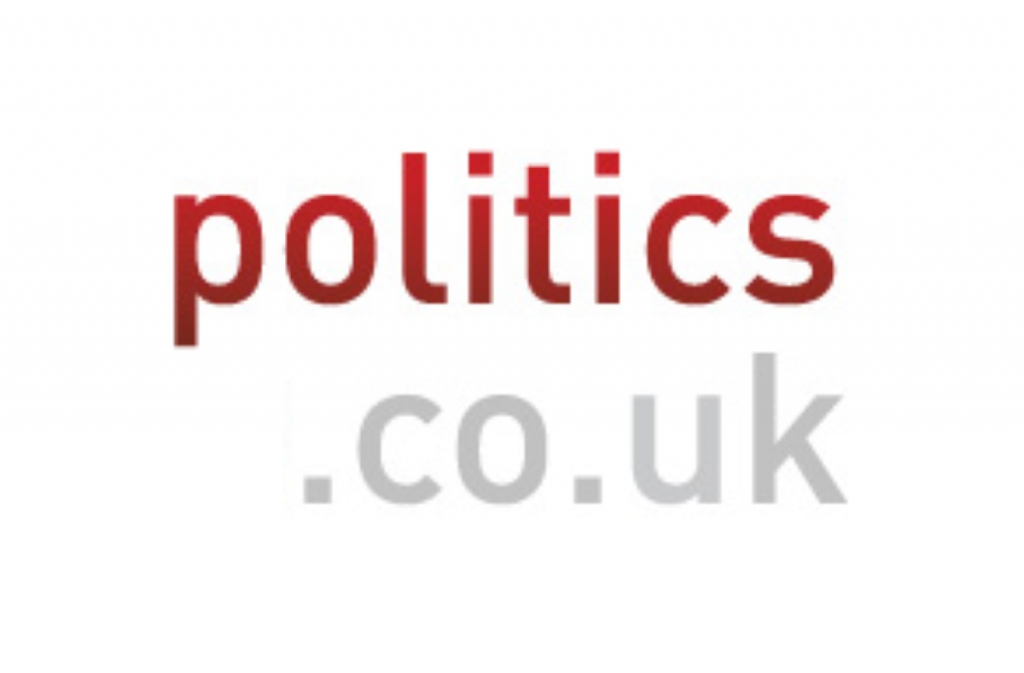Davis calls for ‘new idealism’ in foreign policy
British foreign policy is in need of a “new idealism” to reassert its place and its values in the modern world, David Davis said today.
This meant reforming the European Union to become a lightly regulated single market, fostering relations with the US, and reforming the United Nations, he said.
In a wide-reaching speech to Chatham House, the Tory leadership frontrunner warned that Britain must adopt a “coherent philosophy” on foreign policy, which meant fostering the same principles abroad as it did at home.
He emphasised the traditional Conservative values of free trade, property, social justice and rule of law as foundations on which British foreign policy should rest.


And Mr Davis urged the government to stop defence budget cuts, saying it was “nothing less than a scandal” that British soldiers were not properly equipped.
“Most of the world already bears our imprint. We have an interest in its future, an ‘enlightened’ interest. In fact, ‘enlightened self-interest’ is, I would argue, the goal to which modern British foreign policy must be directed,” Mr Davis said.
Revealing his Eurosceptic views in full, the shadow home secretary called for the increasing integration and centralisation of the EU to stop, to end the “general disarray” in which it had found itself following the rejection of the constitution.
A new, more “open Europe” should be created, he argued, where member states could reclaim their national powers but still cooperate on trade. Such a loose framework would diffuse tensions over future EU enlargement, particularly over the entry of Turkey.
“This is a radical vision, but the only option that reconciles today’s competing views. It recognises differences, it recognises national feeling and it ends the wrangling of competing ideologies for control of the EU,” he said.
The Labour government’s efforts to bring about change in the EU were a failure, he argued, adding that only three months in, Britain’s presidency “is already an embarrassment”.
He urged Tony Blair to help prepare an EU fit for the next 50 years, and this theme was continued as he looked towards the UN.
Mr Davis acknowledged the UN’s role but insisted it had to “prove itself” by agreeing to radical reform. This did not mean extending the security council beyond its five permanent members, he added, as this would make decisions even harder to take.
The shadow home secretary also made much of the need to work towards promoting democracy and development abroad, “because glaring global inequalities breed instability”.
“Britain has the moral standing and reputation to do these things, and the British people will take pride in them – if only we can raise our sights,” he said.

